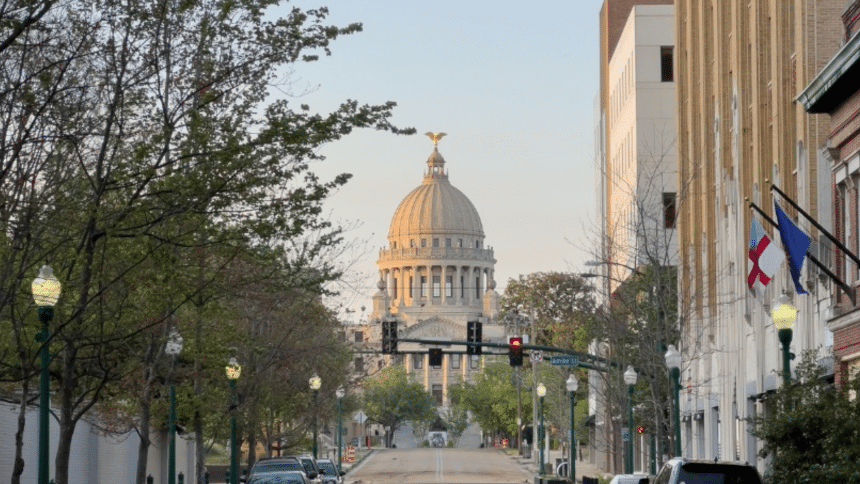The 2025 Mississippi legislative session, riddled with infighting among Republican officials in powerful positions, will come to an end without lawmakers passing a $7 billion budget to fund government operations.
On Wednesday, the House of Representatives passed a resolution to suspend the rules and extend the session by a few days to address budget-related bills. However, House Concurrent Resolution 70 had a 5 p.m. deadline — one the Senate did not meet. Instead of picking up the resolution, the Senate elected to return to the capitol on Thursday to continue its operations. The House, on the other hand, elected to end the regular session.

An ironic fact worth noting is that the house’s proposal to extend the session featured a typo, but not one as significant as the infamous misplaced decimal point in the tax bill that was signed into law last week. HCR 70 states that “the 2025 regular session of the legislature will stand adjourned Sine Die at 11:59 p.m. CDT on Thursday, April 11, 2025.” April 11 is a Friday. Though it’s possible the House was trolling with the error, the measure was not picked up by the Senate.
Now, Republican Gov. Tate Reeves will be tasked with calling lawmakers back to Mississippi’s capital city in a special session, strictly with the task of finalizing a budget by June 30. If the deadline is not met, the government will shut down, jeopardizing the immediate paychecks of teachers, state troopers, the state medical examiner, and other state employees.
It comes as no surprise that a deal was not reached as both chambers have butted heads all session over a myriad of issues. Specifically, when it came to the budget, the House irked the Senate when its members did not show up to Jackson this past weekend to iron out a budget proposal.
“So many people depend on this budget. There are over 100,000 people who work in city, county, education, and state government,” said Republican Lt. Gov. Delbert Hosemann, who presides over the Senate. “We were supposed to have [a budget] done last Saturday. We didn’t make it. The Senate was [at the capitol], but the House left.”
Republican House Speaker Jason White, on the other hand, did not mince words when acknowledging why his chamber was not present in the state capitol for conference weekend. Sticking to the notion that he is going against the “status quo,” White made it clear that he had a different budget process in mind, one that strays away from how business has been conducted in previous years.
“When I was elected Speaker on January 2, 2024, I pledged to my House colleagues and all Mississippians to strive for a more transparent and open budget process,” White wrote on X. “Members would not be expected to meet behind closed doors and late on weekend nights to rush out a budget without full vetting and an opportunity to question and scrutinize every tax dollar spent.”
Addressing comments by the lieutenant governor and some in the Senate, White stated that the House passed bills to formalize the budget and sent them across the capitol for consideration, though members of the other chamber argued that the conference reports were not delivered appropriately.
“We had all planned to stay to work. That’s what the calendar said. That’s what we said we were going to do. This is what you do. You have conference weekend. We’ve had it for years and years. Everybody knows what conference weekend is. The rules didn’t change on that, and the House decided to go home,” Sen. Nicole Akins Boyd, R-Oxford, said. “The work was not done. The [House’s] conference reports were not sent over signed.”
Senators on both sides of the aisle, however, dissented against suspending the rules to extend the legislative session. Once te Senate decides to adjourn sine die, the ball will be put in Gov. Reeves’ court, and he will have to call the special session to bring official budget talks back to life.
“We have Republican supermajorities in both of our chambers. We need to be working together,” Boyd said. “I’m not happy with what I’m seeing within my party right now.”
When a special session is inevitably called by the governor, Mississippi’s taxpayers will have to foot the bill. It costs more than $100,000 in public money each time lawmakers gavel in for the day to carry out business in the capitol.







